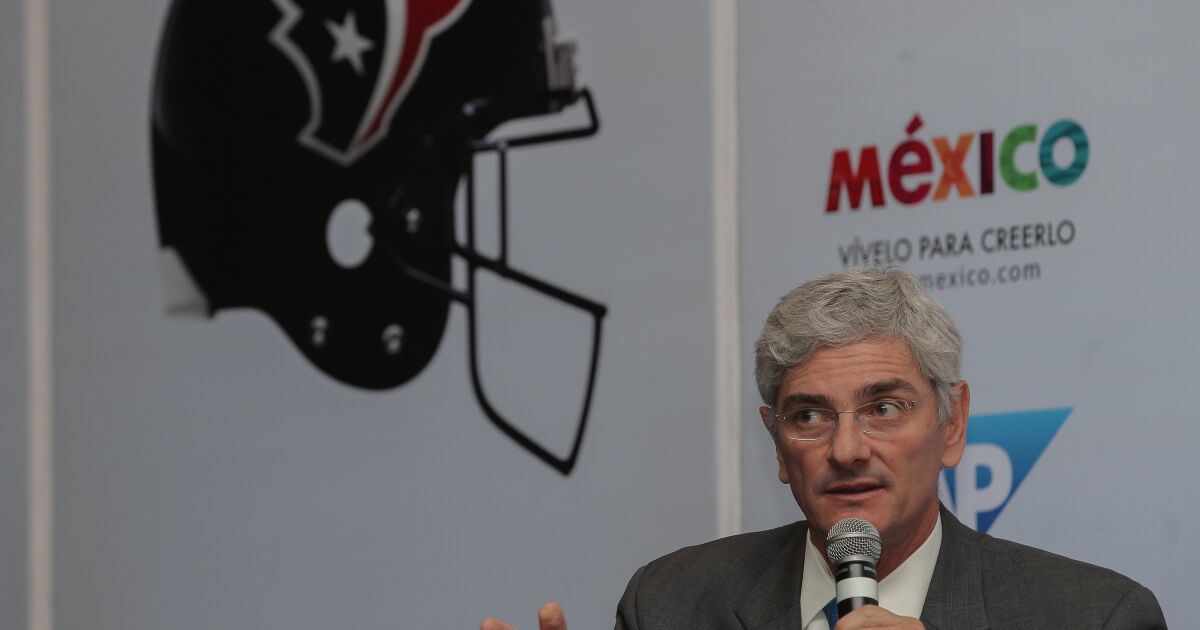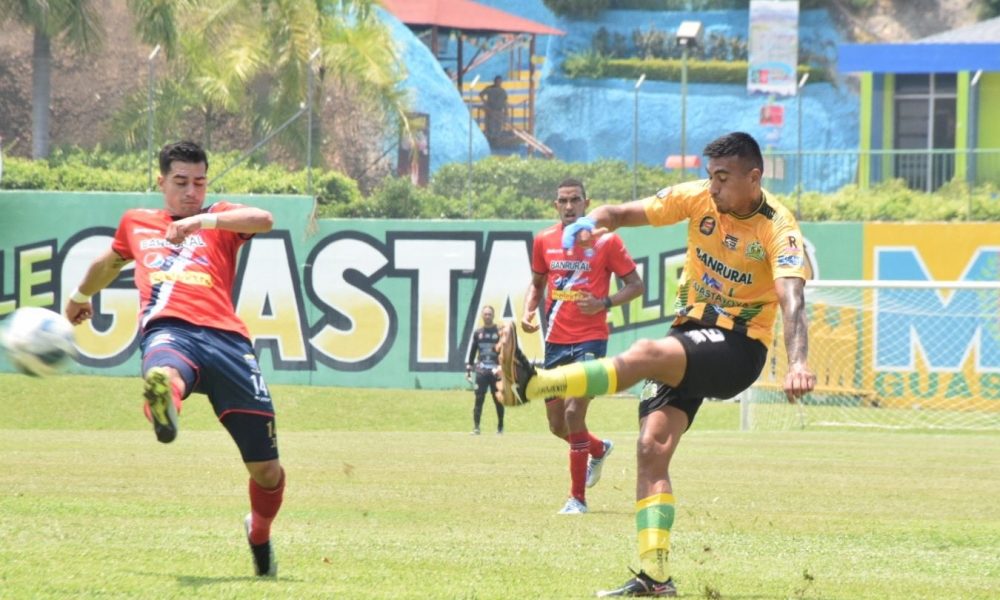Hashimoto: “Athletes will be grateful for the Olympics” | Sports
Tokyo 2020 Organizing Committee Chairperson Seiko Hashimoto said today that the athletes participating in the Games will be “grateful” to celebrate after all the hardships they have faced due to the pandemic and despite the massive restrictions they will have to go through. I assume.
The head of the organization expressed confidence that the athletes would welcome many rules that they must abide by during their stay in Japan and the violation of which could lead to severe penalties, as expressed in an interview with a small group of media outlets including Eve.
“I think after the Games were postponed for a year, the athletes have had to put up with their emotions for a long time and there are a lot of people waiting for the time to participate,” Hashimoto said, with 31 days left until the opening of Tokyo. 2020.
“The athletes are very aware of the situation around the Games. I think they are very grateful for the fact that it will finally take place,” added the Japanese entrant and Olympic medalist.
The games will take place in the form of a “bubble” where athletes must undergo COVID tests on a daily basis and will see their movements restricted exclusively to their accommodation, training and competition venues, as well as adhering to rules such as using a mask or maintaining social distance.
The first positives
Under the strict anti-virus protocol devised by the hosts, the first infection of covid-19 was known last Sunday from a foreign participant who had traveled to Japan to participate in the games, registered in the Ugandan team coach who had landed the day before in Tokyo and that was quarantined.
And this is the first positivity that “shows that the control measures are very strict,” as the member of the African team was vaccinated in his country and had undergone two previous examinations for the virus before arriving in Japan, according to Hashimoto.
The organization plans to announce “immediately” every positivity found in the daily tests of athletes and to inform the monitoring and testing procedures that will be applied to people who have remained in close contact with those infected.
Controversial audience presence
Hashimoto defended the controversial decision announced last Monday by organizers to allow up to 10,000 spectators to enter the stadiums, a measure based on central government guidelines and contrary to the opinion of health professionals.
“It is true that the experts indicated that the least risky option was to hold the Games without spectators, but they also recommended measures to be able to have an audience and reduce the risks as much as possible,” he said.
Hashimoto said that organizing sporting events over months with the public in Japan, such as national baseball games and Major League Soccer, “shows that by implementing extensive measures we can prevent infection.”
He said that “there is almost no possibility of transmission of infection in stadiums with the measures applied,” which will include limiting the movement of spectators before and during competitions, or the obligatory use of the muzzle and the prevention of loud singing and cheering. Tokyo 2020 president.
Organizers also reserve the option to hold events behind closed doors in the event a new emergency is declared.
On the other hand, to compensate for the absence of fans from abroad due to the veto imposed by the organizers due to the epidemic, a system has been put in place so that messages of encouragement from spectators from all over the world reach Tokyo.
Hashimoto explained that the messages posted by game fans via social networking sites will be displayed on screens in the venues of the competitions, noting that this initiative aims to “reconnect people around the world” after the “split” that caused the spread of the epidemic. .
Tokyo legacy
In the opinion of the organizers, these Games, which will be simplified in many organizational aspects and the number of participants as a result of the epidemic, may represent an “opportunity for change” so that the Olympic events change their shape and focus on their essence.
But Hashimoto admitted that the Japanese hosts “did not succeed” in conveying their message to the Japanese audience, which was not conducive to celebrating the Games on the scheduled dates, according to various polls.
On the other hand, he considered that Tokyo 2020 could be a show for Japan to show the world its “ability to provide solutions to global problems” such as the pandemic.
“We want the legacy of the Games to be our culture of hospitality, the spirit of caring for each other and caring for each other’s health,” he said.

“Reader. Beer practitioner. Web expert. Subtly charming travel geek. Friendly music specialist.”











